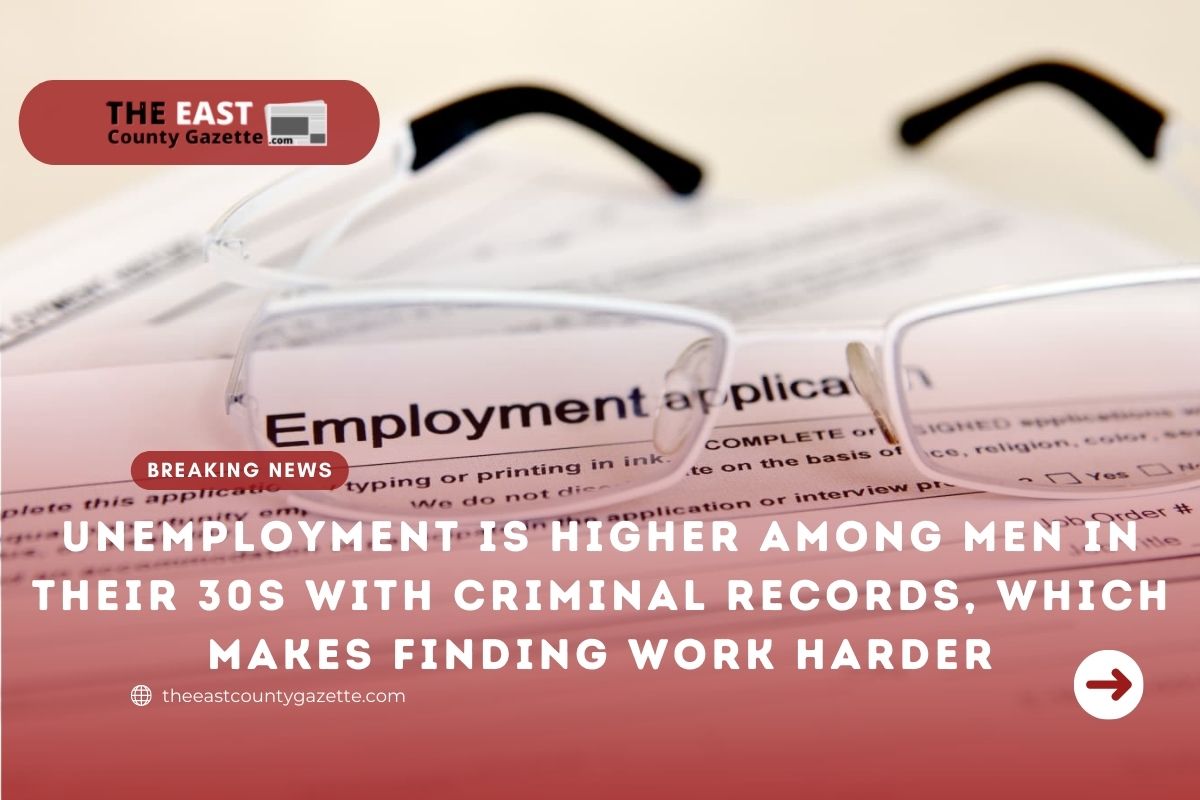Unemployment is Higher Among Men in Their 30s With Criminal Records, Which Makes Finding Work Harder
According to research published by RAND Corp. economists, as many as half of the unemployed men in their 30s have criminal records.
According to a CNBC report, approximately 6% of men aged 35 and older are unemployed, according to the study.
Among those jobless males of that age, 64% had been arrested as adults. 27% of those surveyed had been incarcerated, and 46% had been convicted of a crime. According to RAND, this is the first study to examine the prevalence of a criminal record among the unemployed.
According to Shawn Bushway, lead author and senior policy researcher at RAND, a nonprofit research organization, many of these individuals have had difficulty finding employment despite arrests and convictions that occurred years ago.
A stigma like that can hurt an applicant’s chances and compound other issues, such as a low level of education, that already decrease their chances of succeeding, he said.
Read More: One-Half of the Residents of a Border Town in Texas Forced to Live Without Water
“These folks often … have an additional barrier unrelated to job skill: the ability to get a job if there’s a background check,” said Bushway, who’s also a professor of public administration and policy at the State University of New York at Albany.
“If you’re an employer and have a background check that’s very restrictive, you’re going to not hire a lot of people,” he added.
Meanwhile, employers have been having trouble filling job vacancies. Job openings and resignations have reached record levels in recent months, trends associated with the “Great Resignation” or “Great Reshuffle.” Millions of Americans have remained unemployable as the U.S. economy has emerged from hibernation, effectively shrinking the job pool. The research, however, indicates that criminal records hinder employment opportunities.
Employers called back 60% more applicants without criminal records, even if their other applicants had minor records, according to a 2017 University of Michigan study.
“There are lots of people who get convicted once and never get convicted again. The majority of people who go to prison don’t go back,” Bushway said.
“How long does this record have to hang over their head?”
The probability of unemployed men in their 30s having a criminal record isn’t correlated to race — the chances are similar across white, Black, and Hispanic jobless men, according to RAND.
However, this doesn’t mean the labor experience is felt similarly across racial groups. That’s because 35-year-old Black men are almost twice as likely as white men to be unemployed (a 9% unemployment rate versus 5%, respectively), according to the study. Black men are also much more likely than other groups to have a criminal record.
The RAND study analyzed data from the National Longitudinal Survey of Youth, examining the experience of about 9,000 men from 1997 through 2017. The study defines unemployment as being without a job for four weeks or more over the past year.

